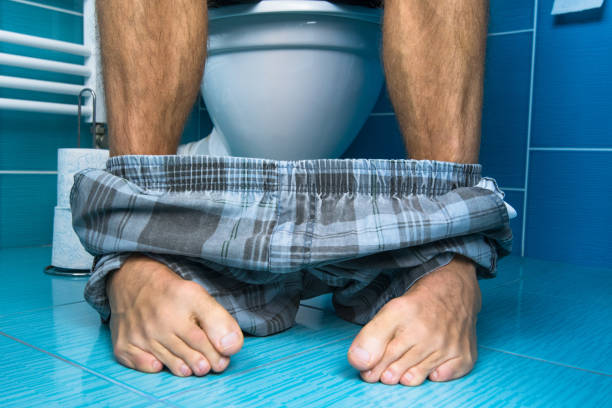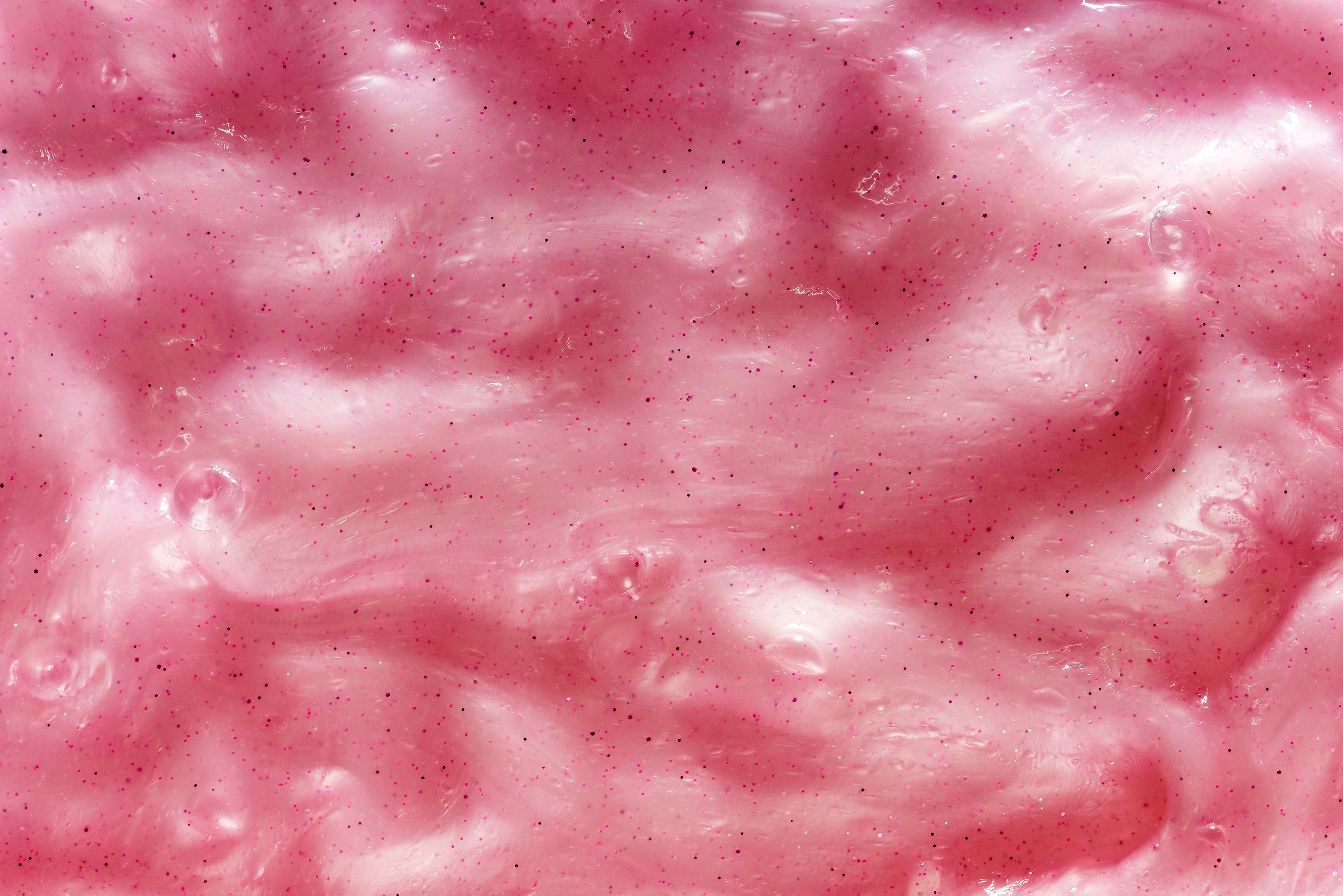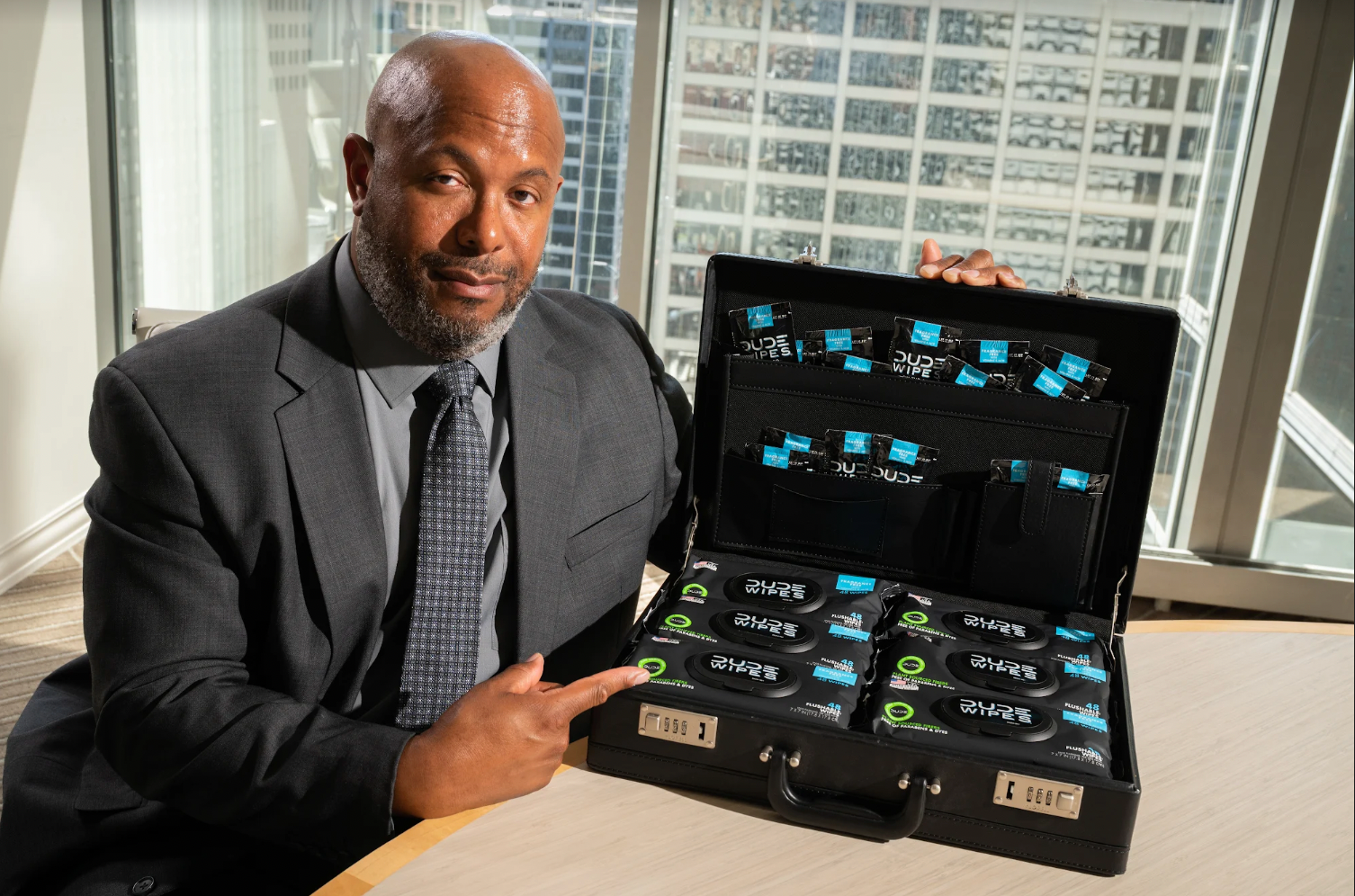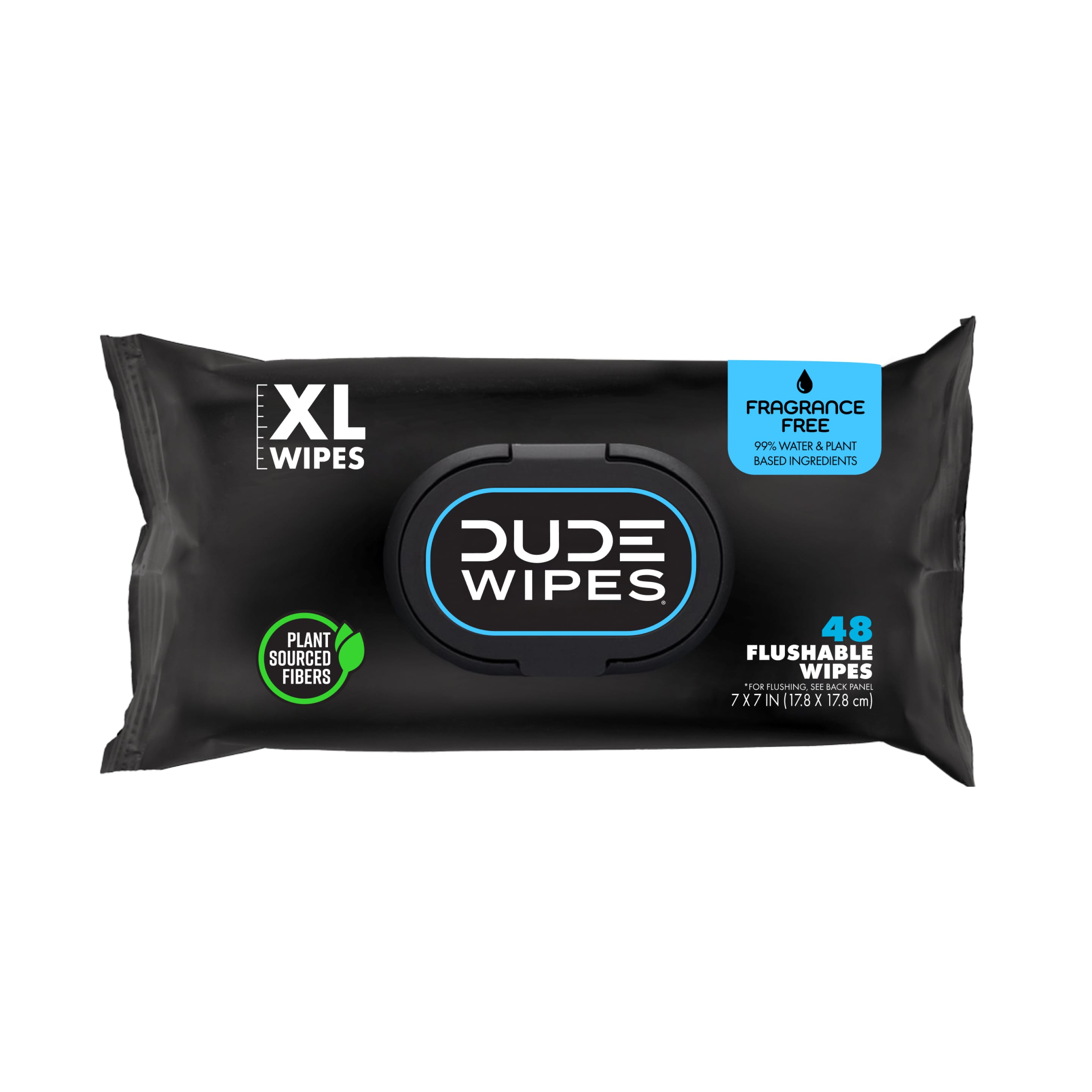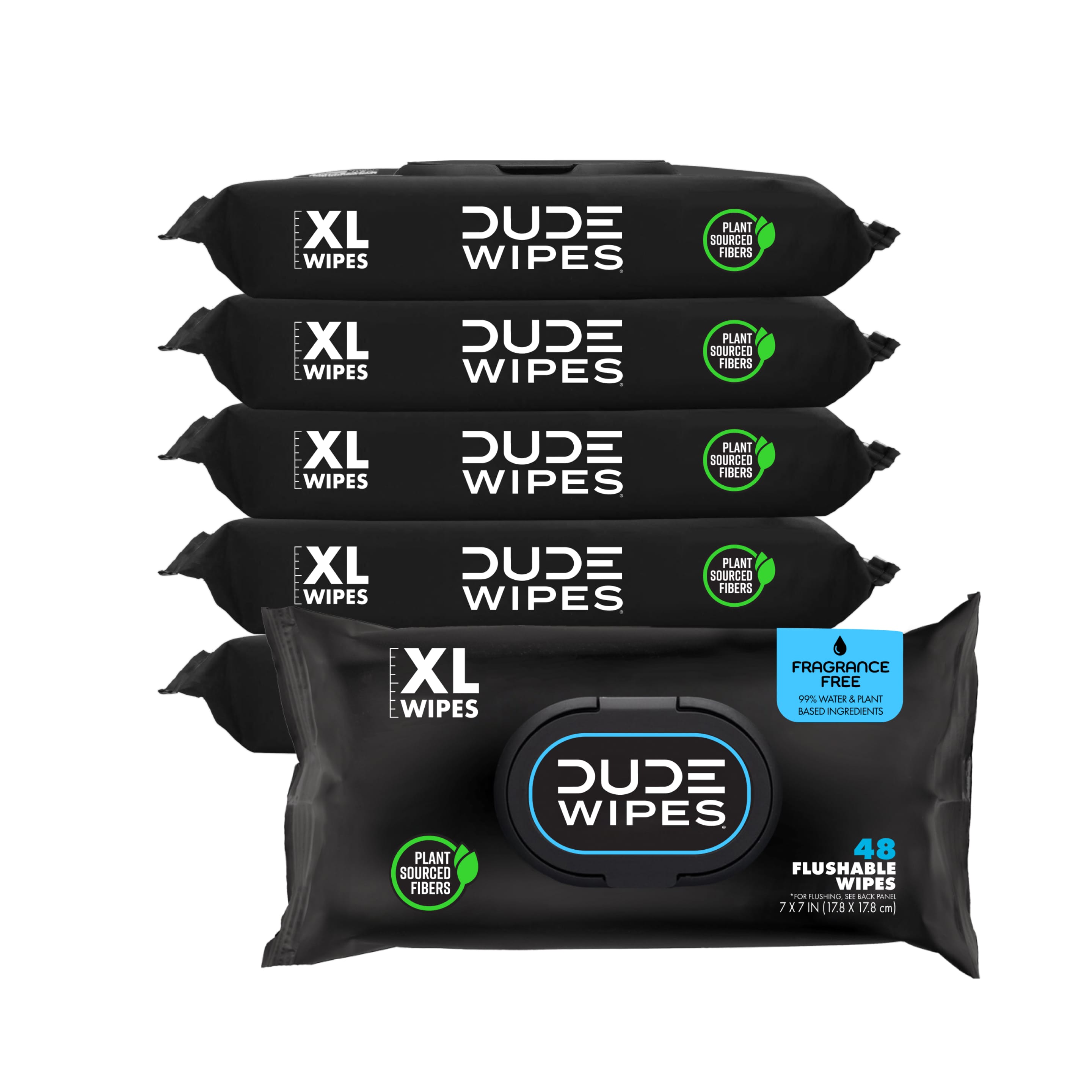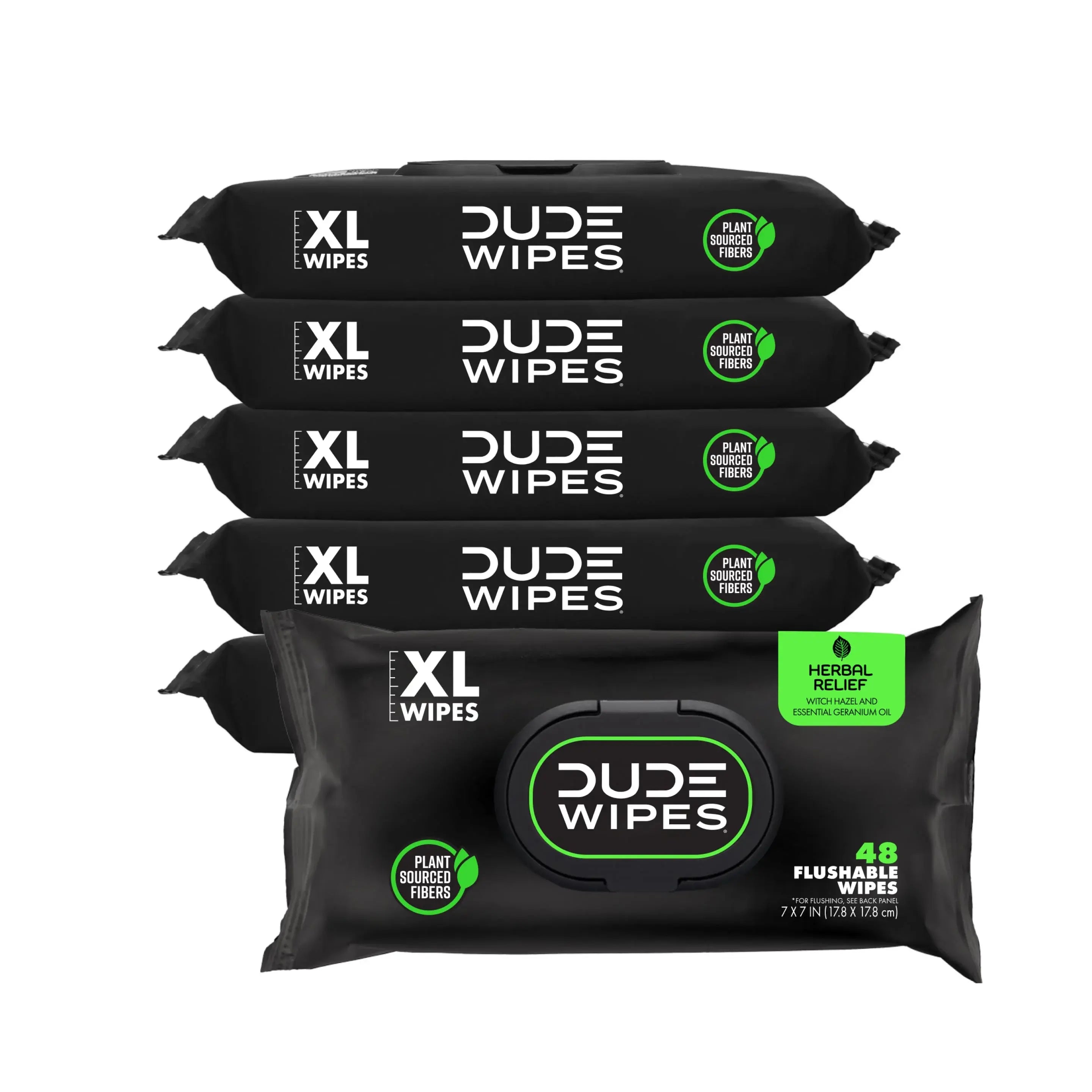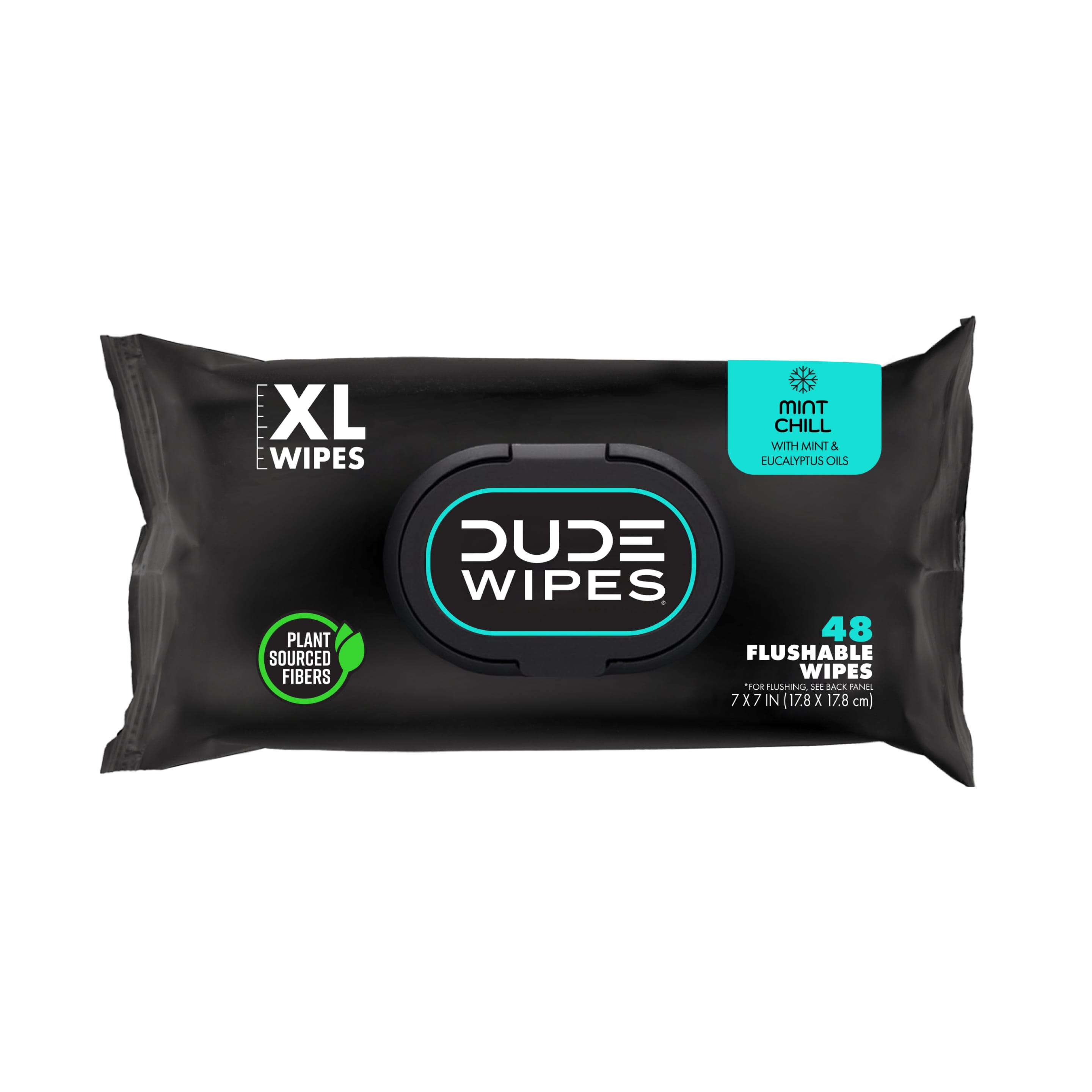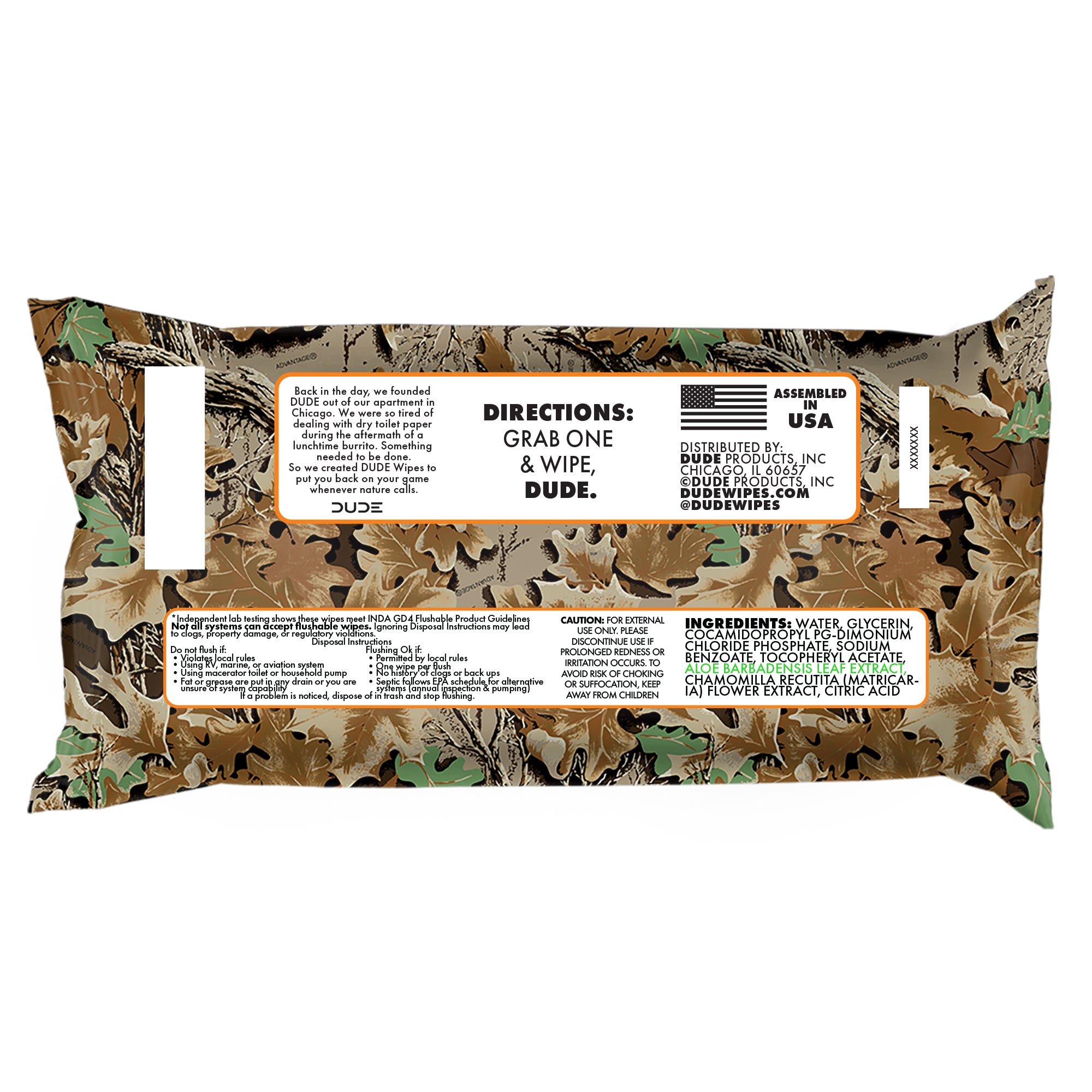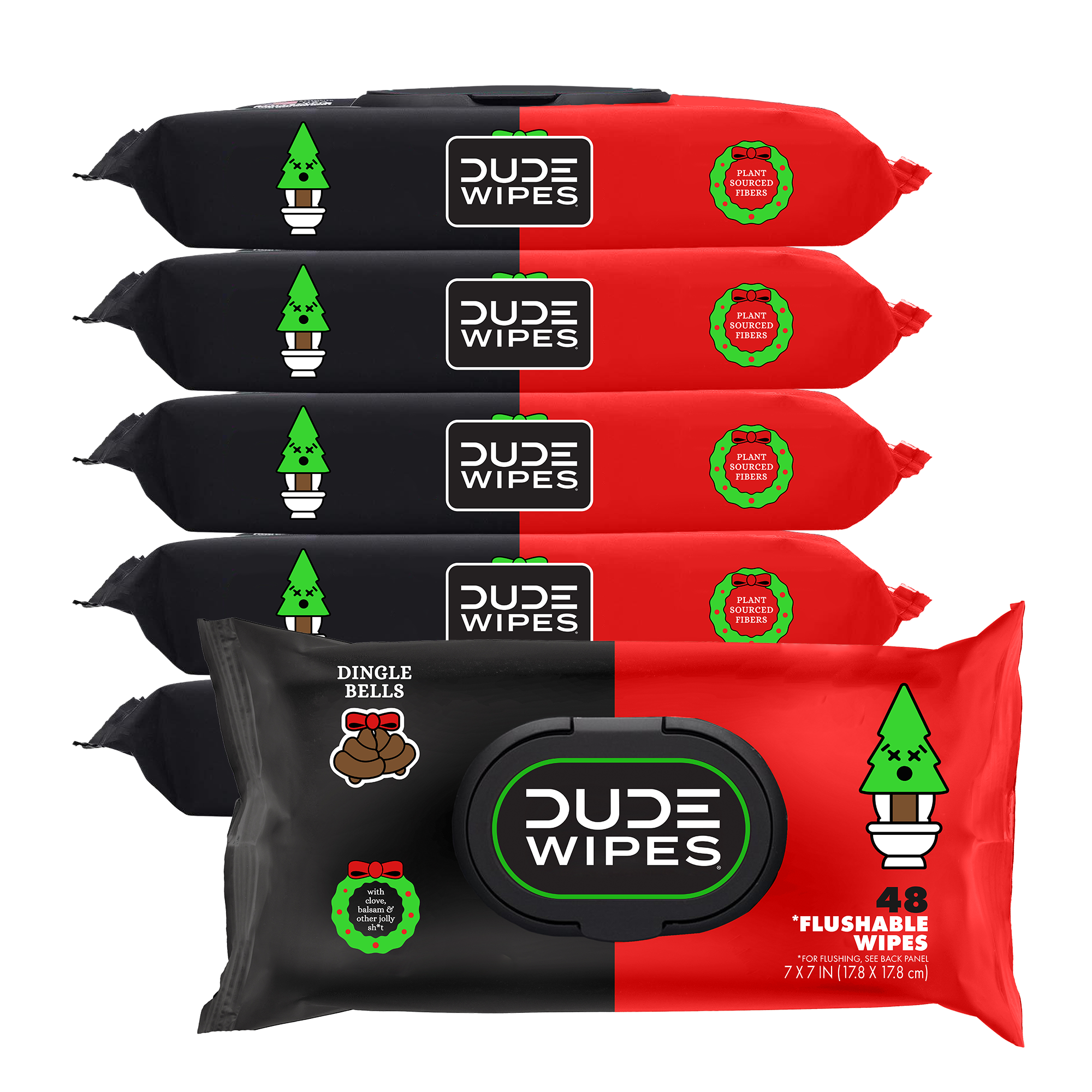Let's be honest, we all glance at our poop before flushing it down the toilet. It's natural to be curious about your bowel movements. In fact, we encourage it since your poop says a lot about your health.
It's common to find remnants of things you ate in your poop, like a stray sesame seed from sushi night or a corn kernel from your Chipotle burrito. But if you're reading this, chances are you found something odd—and slightly concerning—in your poop: mucus.
Mucus is a clear, jelly-like substance that lines your gastrointestinal tract to help you digest food and pass stool. Finding mucus in your poop usually isn't a big deal. But if it happens all the time or you have additional symptoms like pain, bleeding, weight loss, or a change in bowel habits, you should see a doctor.
Read on to learn seven common causes of mucus in stool, treatment options, and when it warrants medical advice.
Is It Normal to Find Mucus In Stool?
Yes—doctors note that it's normal to find a small amount of mucus in your poop every once in a while. Your digestive tract needs mucus to fight bacteria, facilitate healthy bowel movements, and maintain gut health.
Most people don't notice mucus in their stool because there are only trace amounts of it. Mucus is typically clear or a yellowish brown color, which also makes it hard to notice.
If you notice excess mucus or the mucus looks bloody, that could be the sign of a digestive health issue (more on that later). But generally, there's no need to freak out about a bit of mucus in your stool.
7 Possible Causes of Mucus In Stool
Numerous factors can lead to extra mucus production in your GI tract, from minor infections to severe conditions like colon cancer. Let's take a closer look at some common culprits.
1. Crohn's Disease
Crohn's disease is a chronic condition that causes inflammation in the digestive tract. It's one type of inflammatory bowel disease (IBD).
Crohn's disease causes the mucus layer in the digestive tract to thicken. As a result, more mucus becomes visible in poop.
Common symptoms of Crohn's disease include frequent diarrhea, cramping, constipation, and the sudden urge to poop.
2. Ulcerative Colitis
Ulcerative colitis is another type of IBD that stems from an overactive immune system. It causes ulcers and usually affects the large intestine.
During flare-ups, it's common for these ulcers to produce mucus, according to the Journal of Crohn's and Colitis. Other common symptoms include gas, bloating, nausea, and a sudden urge to poop.
3. Irritable Bowel Syndrome (IBS)
About half of people living with IBS experience mucus in their stool, according to research from 2008. There isn't a solid theory as to why IBS causes this, but it likely has to do with chronic inflammation in the large intestine.
Symptoms of IBS typically include abdominal cramps, diarrhea, and constipation.
4. Intestinal Infections
Bacteria in the intestines can stimulate mucus production to fight off gastrointestinal infections, AKA gastroenteritis. This may lead to mucus in stool.
- Food poisoning
- Bacterial infections like salmonella
- Parasitic infections
5. Food Intolerances
If your gut doesn't agree with the food you're eating, your body may respond by producing more mucus—along with other unpleasant symptoms.
Two common food intolerances that may cause mucousy stools are:
- Celiac disease, also known as gluten intolerance
- Lactose intolerance, which refers to problems digesting dairy
6. Proctitis
Proctitis is a condition that causes inflammation of the rectum, a muscular tube that extends from your large intestine to your anus. Everybody's rectum is lined by a mucous membrane, but when the tissue gets irritated, excess mucus can build up.
Proctitis is associated with Crohn's disease and ulcerative colitis, but it can also happen from objects or substances being inserted into the rectum (we'll leave it at that).
7. Colorectal Cancer
Colorectal cancer (also called colon cancer or rectal cancer) begins in the mucous membrane lining the bowels. Mucus in stool is one symptom of colorectal cancer, but it's usually bloody mucus instead of the normal clear or yellowish stuff.
There's no need to freak out about cancer if you find trace amounts of mucus in your poop. However, if you notice these additional symptoms you may want to schedule a colonoscopy.
- Dark colored stools
- Unexplained weight loss
- Thin, pencil-shaped stool
- Rectal bleeding
How to Get Rid of Mucus In Stool
The short answer: it depends. Treatment options for mucus in your stool vary based on your underlying condition(s). There's a good chance the mucus may go away on its own. If not, try these tips for healthy poops:
- Stay hydrated
- Eat plenty of fiber
- Take a probiotic supplement to stabilize your gut microbiome
- Avoid foods that irritate your stomach
If you're diagnosed with a condition like IBS, Crohn's disease, or ulcerative colitis, your doctor might suggest medications and lifestyle changes to keep your symptoms at bay.
When to See a Doctor About Mucus In Your Stool
A little bit of mucus in your poop probably isn't a cause for concern, especially if it doesn't happen often. However, don't be shy about calling a doctor if things start to look or feel funky.
"Talk to your doctor if you notice an increased amount of mucus in stool—particularly if it begins happening regularly or if it's accompanied by bleeding or a change in bowel habits," says Dr. Elizabeth Rajan, M.D., a Mayo Clinic gastroenterologist.
Here are some other symptoms to watch out for:
- Frequent diarrhea
- Chronic abdominal pain
- Bloody stool
- Vomiting
- Unintended weight loss
- Chronic fatigue
If these symptoms accompany mucousy stool, your healthcare provider may request a stool sample or blood test to identify the problem. They may also suggest imaging tests like an x-ray, CT scan, or ultrasound.
Toilet Paper Is No Match for Mucus
Poop and mucus are two of the most reviled bodily substances. Nobody wants to talk about them, much less walk around with them smeared on your undercarriage.
Unfortunately, wiping with dry TP after a mucousy poop doesn't clean you up—it just spreads the remnants around. That's where DUDE Wipes come in to save the day (and your butt).
Whether you have mucus in your stool or your poop is picture perfect, we're prepared to clean up the aftermath.

